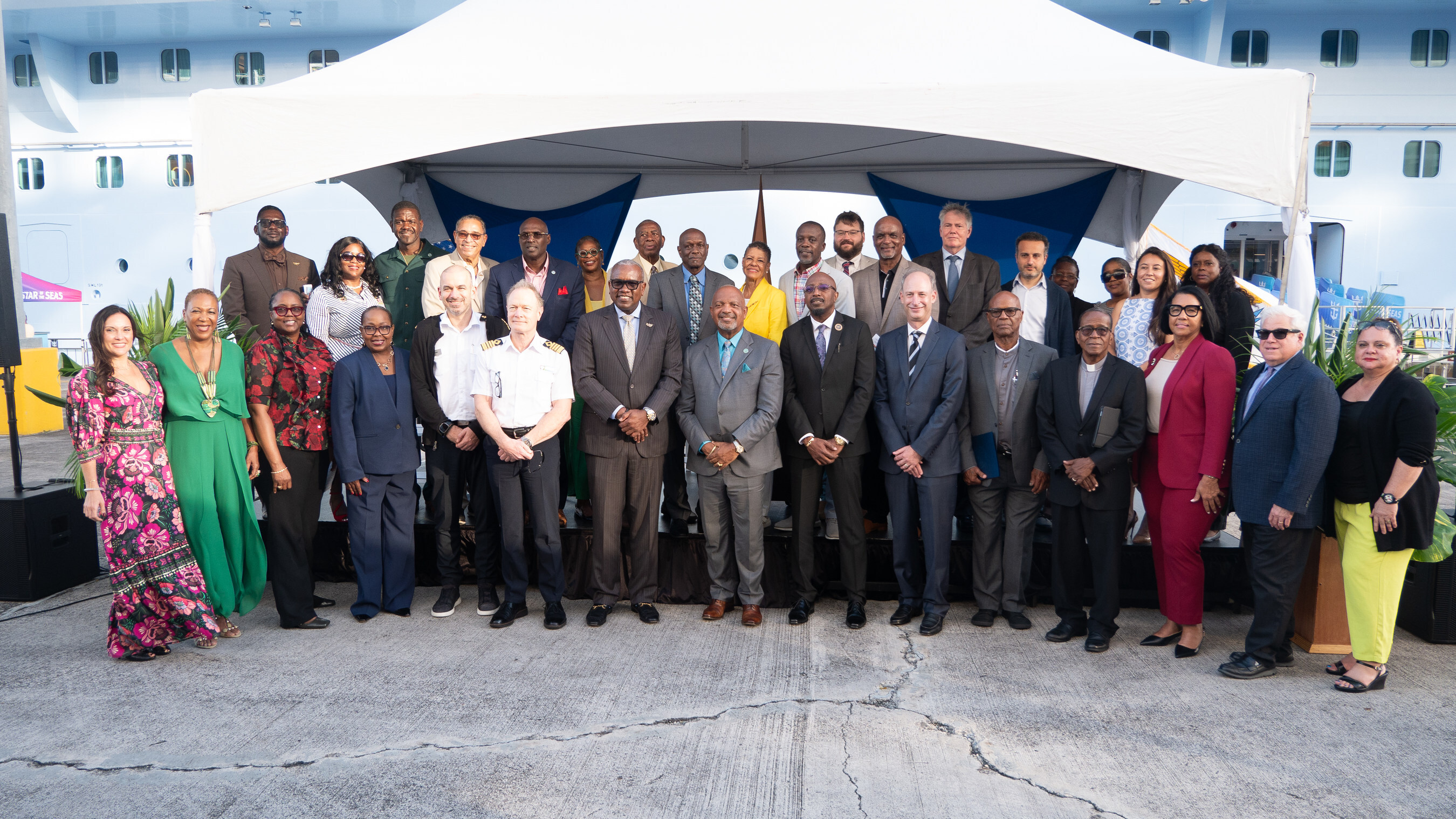Long Island’s Intergenerational Green Job Summit: Building Local Talent, Local Supply Chains, and a Just Green Economy

On November 3, 2025, Long Island will host a pivotal regional gathering at Farmingdale State College, the Intergenerational Green Job Summit (IGJS), bringing together leaders from labor, education, government, and business to design a future where the clean energy transition directly benefits local people and local suppliers.
Organized by the Long Island Progressive Coalition in partnership with Farmingdale State College, Stony Brook University, the New York State Department of Labor’s Office of Just Energy Transition, and a network of regional collaborators, the Summit aims to make the green industry more accessible, equitable, and economically rooted in the communities it serves.
The IGJS is more than a climate or workforce event. It is an economic development strategy. Its central premise is that a sustainable future requires local foundations. That means training Long Island’s residents for emerging careers in renewable energy, construction, and clean technology, while ensuring regional suppliers, contractors, and service providers are integrated into project supply chains.
In practice, this means aligning clean energy policy with local content development, the same framework guiding national infrastructure and domestic manufacturing investments. It is about ensuring that federal and state sustainability initiatives produce direct economic value within local economies rather than exporting opportunities elsewhere.
Long Island sits at the front line of New York’s clean energy transformation. With offshore wind developments projected to deliver over 9,000 megawatts of power by 2035 and state-backed investments exceeding $20 billion in clean energy infrastructure, the region is rapidly becoming a testing ground for green job creation and local supplier ecosystems.
At the same time, legacy manufacturing, marine, and building-trades industries are adapting to support clean energy construction, creating new supply chain synergies between traditional trades and emerging green technologies. The IGJS represents an opportunity to unify these efforts, linking local labor capacity with the state’s expanding portfolio of sustainable projects.
Across New York State, the green economy is now a defining pillar of competitiveness. The Climate Leadership and Community Protection Act (CLCPA) mandates 70 percent renewable energy by 2030 and 100 percent zero-emission electricity by 2040, creating a statewide surge in demand for skilled labor, training programs, and compliant suppliers.
State initiatives such as the Office of Just Energy Transition, NYSERDA’s Workforce Development and Training Program, and regional clean energy hubs are now collectively shaping a $40 billion market opportunity for businesses and workers alike. The IGJS fits squarely into that strategy, ensuring that Long Island’s workforce and small business base are ready to meet both state and private-sector demand.
The Department of Labor’s Office of Just Energy Transition will play a key role in shaping that conversation. By connecting labor boards, municipalities, and universities, the event underscores a growing recognition that green jobs are not a niche sector. They are the new backbone of regional prosperity.
Farmingdale State College President Robert Prezant, PhD, will open the Summit by emphasizing workforce readiness as a pillar of climate resilience. His institution’s Renewable Energy and Sustainability Center has already trained hundreds of Long Island residents in clean energy fields, building the very talent base that green projects will rely on.
The inclusion of Suffolk County, Town of Babylon Green Homes, and Long Island Clean Energy Hub reflects how municipalities are embedding workforce and supplier participation into their long-term energy strategies. The SPIN Foundation, The Black Long Island Alliance for Resilient Growth (BLARG), and other community partners are also working to ensure that minority-owned businesses, small contractors, and new entrants can access emerging supply chains.
The Summit’s workshops will go beyond job placement to explore the mechanics of local supplier engagement. Topics include how small businesses can prequalify for green infrastructure contracts, how unions can co-develop training curricula with project owners, and how municipalities can map local economic multipliers from renewable energy investments.
Adding to the Summit’s momentum, The SPIN Foundation announced its new initiative, First Whistle: Intro to Sports Power Infrastructure. The program marks the moment preparation becomes performance, powered by sports and delivered by the 501(c)(3) nonprofit The SPIN Foundation. The first whistle calls teams to the field and communities to action, linking the discipline of sports with the innovation fueling America’s infrastructure, a sector generating over $2 trillion in economic activity and opportunity each year. The program applies technical expertise and real-world opportunities to drive local growth, expand workforce pathways, and strengthen community investment, creating lasting impact and improving quality of life for all. Industry tracks include Energy and Grid, AI, Broadband and Data Centers, and Construction and Manufacturing.
This is where Long Island’s approach stands out. It is intergenerational and intersectional. It connects students and tradespeople, policy experts and residents, innovators and legacy industries, all under one principle: a strong green economy is built from the inside out.
By the Summit’s close, participants will have networked across job fairs, training sessions, and project discussions, all designed to create a unified regional workforce and supplier ecosystem ready to serve Long Island’s growing portfolio of clean energy, construction, and infrastructure projects.
If successful, the Intergenerational Green Job Summit could become a national model for community-driven energy transition, demonstrating how to translate sustainability goals into measurable local benefits such as jobs, contracts, and capacity.
Participating Partners
- Town of Babylon Green Homes
- Suffolk County Government
- Stony Brook University
- Long Island Progressive Coalition
- The SPIN Foundation
- Long Island Clean Energy Hub
- Farmingdale State College
- The Black Long Island Alliance for Resilient Growth (BLARG)
- New York State Department of Labor – Office of Just Energy Transition
- Renewable Energy and Sustainability Center at Farmingdale State College

Local Content is the Next Compliance Asset Class
LocalContent.com™ transforms how public and private sector projects meet local and domestic content requirements—with technology, data, and certification solutions that build trust, unlock funding, and prove community value.
Subscribe to Local Content
LocalContent.com Announces Upcoming AI-Driven Certification Suite to Boost Supply-Chain and Workforce Compliance, Competitiveness, and Economic Opportunity
Take the free assessment instead

.jpg)






